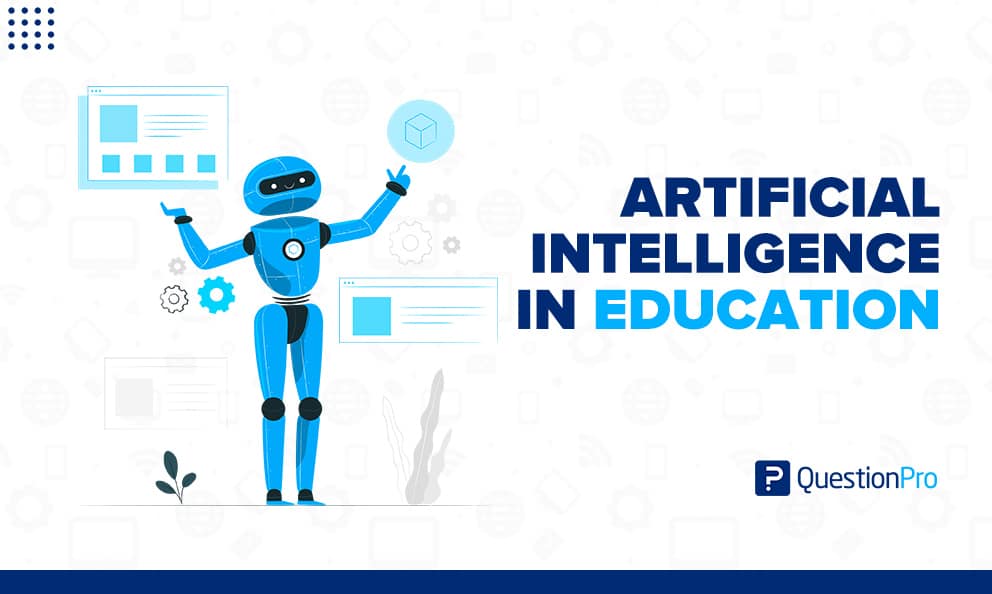The Pros and Cons of AI in Special Education
Special education teachers often face challenges such as writing student-behavior plans, customizing lessons for diverse learners, and attending numerous meetings. Considering the workload, some may find it appealing to delegate certain tasks to artificial intelligence (AI).
Pros of AI in Special Education
Generative artificial tools like ChatGPT can assist special education teachers in enhancing efficiency, allowing them to dedicate more time to their students. By leveraging AI, educators can streamline tasks such as crafting student learning goals for individualized education programs (IEPs) and writing reports, ultimately saving time.

AI tools like Magic School can help teachers overcome writer's block and provide objective descriptions of student behavior. Additionally, platforms like Canva enable teachers to customize educational materials for students with diverse needs, making learning more accessible.
Cons of AI in Special Education
While AI offers several benefits, it also comes with cautions. Privacy concerns arise when sensitive student information is involved. Teachers must ensure that AI tools are used responsibly, avoiding the inclusion of personal details that could compromise student confidentiality.
Another challenge is the risk of over-reliance on AI for individualized education. Teachers need to balance AI recommendations with their expertise to ensure that students receive tailored support rather than generic suggestions.

Additionally, age restrictions and ethical considerations must be taken into account when implementing AI tools in special education. Ensuring that AI complements traditional teaching methods without overshadowing essential skills development is crucial for effective integration.
In conclusion, while AI shows promise in enhancing special education practices, educators must approach its utilization thoughtfully, maintaining a balance between technological assistance and personalized student support.

By leveraging AI tools responsibly, special education teachers can optimize their instructional practices and empower students to achieve academic success.










